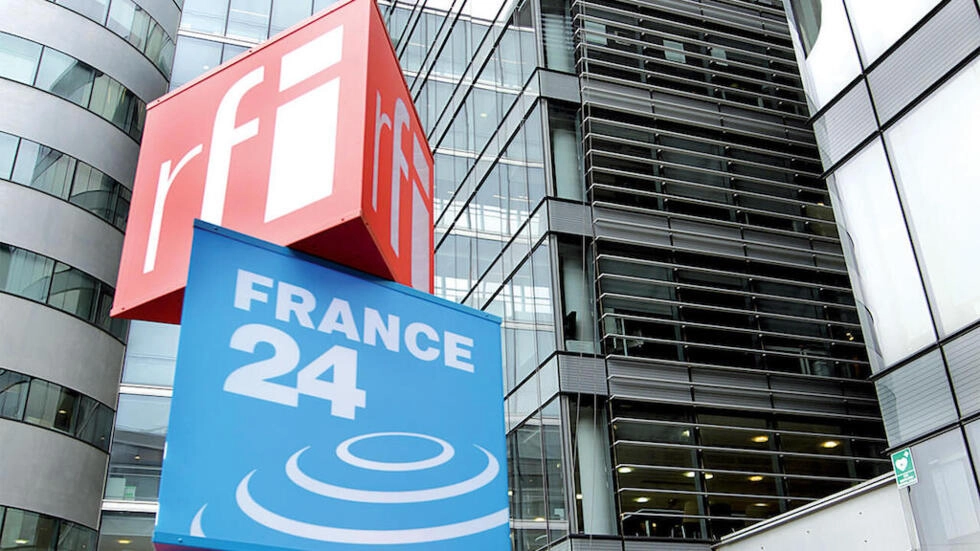Burkina Faso’s military government has suspended France 24 broadcasts after the TV station aired an interview with the head of al-Qaeda’s North African wing, Yezid Mebarek, also known as Abu Ubaydah Yusuf al-Anabi.
Mebarek claimed the title of “emir of al-Qaeda in the Islamic Maghreb” (AQIM) in 2020 after a French raid killed his predecessor. The interview, aired earlier this month, has led to Burkina Faso suspending the broadcast of France 24. The Burkinabe minister of communication, Jean-Emmanuel Ouedraogo, issued a statement on Monday, accusing France 24 of “acting as a mouthpiece for these terrorists”.
He added that by airing the interview, France 24 was “providing a space for the legitimisation of terrorist actions and hate speech”. France Medias Monde, the operator of France 24, is yet to respond to the decision.
This is not the first time that a country in Africa has suspended France 24 broadcasts. In March 2020, Mali also moved to suspend broadcasts by France 24 and French state-funded international RFI radio, accusing the news outlets of reporting “false allegations” that the army killed dozens of civilians. The allegations were made by the United Nations and Human Rights Watch, a US-based human rights group. Mali’s government later lifted the suspension after France apologised for broadcasting the report.
The move by Burkina Faso comes amid deteriorating relations between Paris and Ouagadougou since Burkina Faso’s military seized power in a coup in October 2020. In January 2021, Burkina Faso gave France, its former coloniser, one month to withdraw its troops as it ended a military accord that allowed French forces to fight armed groups on its territory. The French troops had been deployed in Burkina Faso since 2013, as part of France’s Operation Barkhane, which aims to combat Islamist extremism in the Sahel region.
The suspension of France 24 broadcasts in Burkina Faso is a part of a rising anti-French sentiment across parts of Central and West Africa, some of which used to be under French colonial administration even as recently as half a century ago. This sentiment has resulted in calls to boycott French products, businesses and interests, as well as the questioning of France’s involvement in the region.
In the past year, Ivory Coast, Guinea and Niger have also experienced protests and boycotts of French businesses, while some activists have also called for the closure of French military bases. In December 2020, the Ivorian government suspended the launch of a Franco-Ivorian cultural festival in Abidjan, the country’s largest city, after social media campaigns called for a boycott. Similarly, in Niger, French mining company Orano faced a boycott in August 2020 after allegations of environmental degradation and pollution.
Some African leaders, including those in Senegal and Rwanda, have criticised the anti-French sentiment, arguing that France has provided significant aid and support to their countries. However, these criticisms have not been enough to stop the growing disapproval of France in some parts of Africa.
As France faces criticism and boycotts, China has been increasing its influence in Africa. Over the past decade, China has invested billions of dollars in Africa, funding infrastructure, mining and other projects. The Covid-19 pandemic has also seen China step up its engagement with the continent, providing medical aid and support. Some African countries have welcomed China’s interest and investment, while others have raised concerns about China’s increasing influence and its approach to human rights.
Image Credit: RFI





